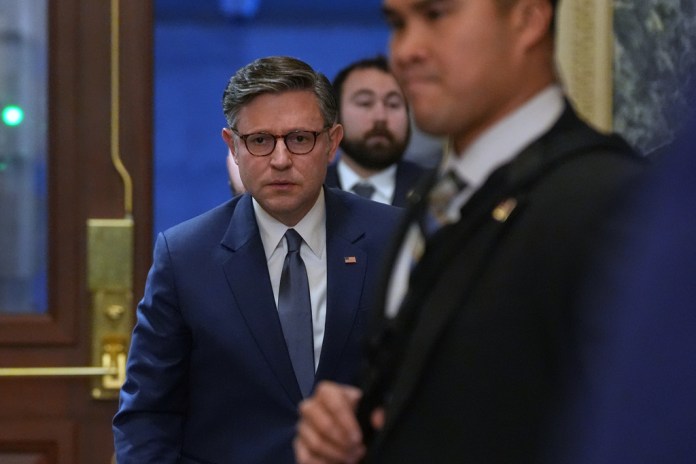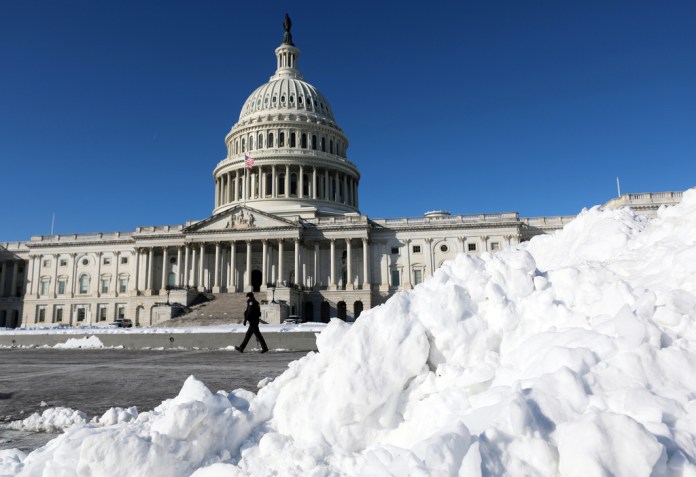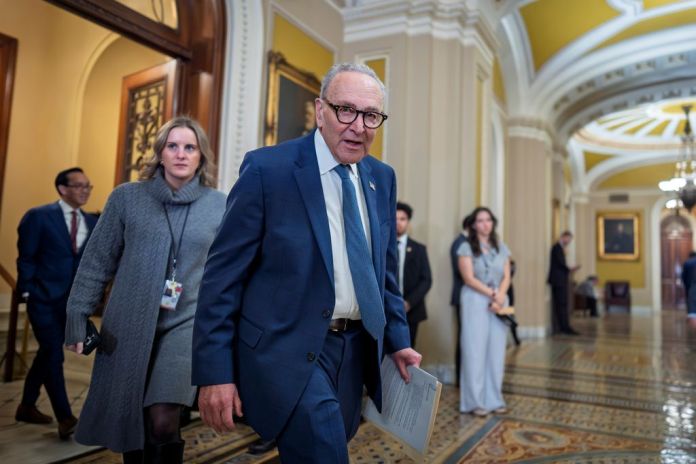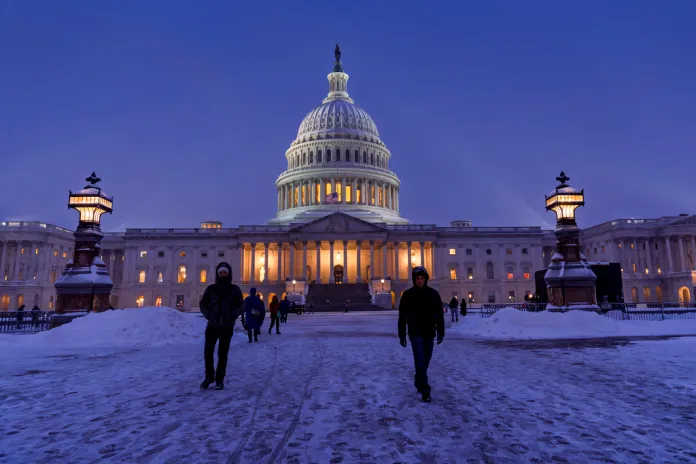Senate passes first 2026 funding bills after striking deal
The U.S.Senate broke a multi-day deadlock by passing three fiscal year 2026 funding bills before the August recess,marking the first time since 2018 that appropriations bills have been approved this early. The package, which included the Military Construction-VA and Agriculture-FDA bills, passed with a strong bipartisan vote of 87-9. Meanwhile, the legislative branch funding bill was passed separately (81-15) following objections over its $7.1 billion cost and a desire for a separate vote.
Senator john Kennedy opposed the legislative branch bill, citing its large spending increase and urging Congress to set an example by curbing its own budget.amendments related to improving Veterans Affairs staffing and protecting funding for the Veterans Crisis Line were also approved.
The negotiations faced bipartisan challenges, particularly over hemp regulations, military construction, abortion, and food safety provisions. Progress was delayed after an initial attempt to combine three appropriations bills into one package encountered resistance.
As Congress did not pass a full budget for fiscal year 2025, it has relied on continuing resolutions to maintain funding, with the full appropriations process for 2026 still incomplete. Lawmakers expect to pass a temporary funding measure to avoid a government shutdown, with ongoing negotiations to finalize the remaining bills. Senate leaders have indicated they may remain in session into August if a deal is not reached.
Senate passes three funding bills after striking deal ahead of August recess
The Senate on Friday broke a multi-day impasse by passing the first three fiscal 2026 spending bills, the first time the upper chamber has passed appropriations bills before the August recess since 2018.
The vote on the package of bills combining the Military Construction-VA and Agriculture-FDA bills passed 87-9. Senate Appropriations Chair Susan Collins (R-ME) allowed a legislative branch funding bill to proceed separately, which passed 81-15.
The agreement set up floor votes on a range of bipartisan amendments and carved out the legislative branch funding bill at the request of Sen. John Kennedy (R-LA), who objected to its $7.1 billion cost and wanted a separate vote to oppose it.
Kennedy opposed the legislative funding bill because it includes what he says is the largest spending increase among all the appropriations measures, around 6%. While he credited his colleagues for their “conscientious and thoughtful work,” he argued that Congress should lead by example and rein in its own budget.
“Every bill that has come out of the Appropriations Committee has represented an increase in spending,” Kennedy said. “I think we can do better.”
Two amendments to the budget bills passed by voice vote: one from Sen. Tommy Tuberville (R-AL) requiring the VA Secretary to report on staffing models aimed at improving timely, high-quality delivery of care and services; and another from Sens. Richard Blumenthal (D-CT) and Alex Padilla (D-CA) prohibiting any cuts to the Veterans Crisis Line.
Senate Republicans faced bipartisan backlash this week after trying to bundle together a three-bill spending package that combined Military Construction-VA, Agriculture-FDA, and Commerce-Justice-Science funding.
GOP senators raised concerns about hemp regulations and military construction priorities, while some Democrats opposed provisions related to abortion and food safety. The dispute stalled progress and forced Collins to negotiate a new path forward.
Congress never enacted a full budget for fiscal year 2025, instead relying on three consecutive continuing resolutions to keep the government funded through Sept. 30.
Republicans had initially planned to advance the annual appropriations bills shortly after the One Big Beautiful Bill Act became law. But the swift introduction of a $9 billion rescissions package triggered weeks of delay.
SENATE GOP’S SPENDING BILL PLAN RUNS INTO BIPARTISAN OPPOSITION
When that package ultimately passed along party lines, many Democrats walked away from bipartisan negotiations, arguing there was little reason to compromise on funding priorities if Republicans could later unilaterally strip out provisions they opposed.
With government funding set to expire on Sept. 30, lawmakers are expected to pass a short-term funding measure, as the full slate of 12 annual appropriations bills likely won’t be completed in time. While this package is unlikely to become law as written, it will serve as a starting point for negotiations between the House, Senate, and both parties.
Senators are expected to remain in Washington, D.C., through the weekend as negotiations continue on a separate agreement to clear a backlog of Trump administration nominees awaiting confirmation.
Earlier in the week, Senate Majority Leader John Thune (R-SD) said Republicans had not “ruled out” staying in session into August if a deal with Democrats fails to materialize.
" Conservative News Daily does not always share or support the views and opinions expressed here; they are just those of the writer."




